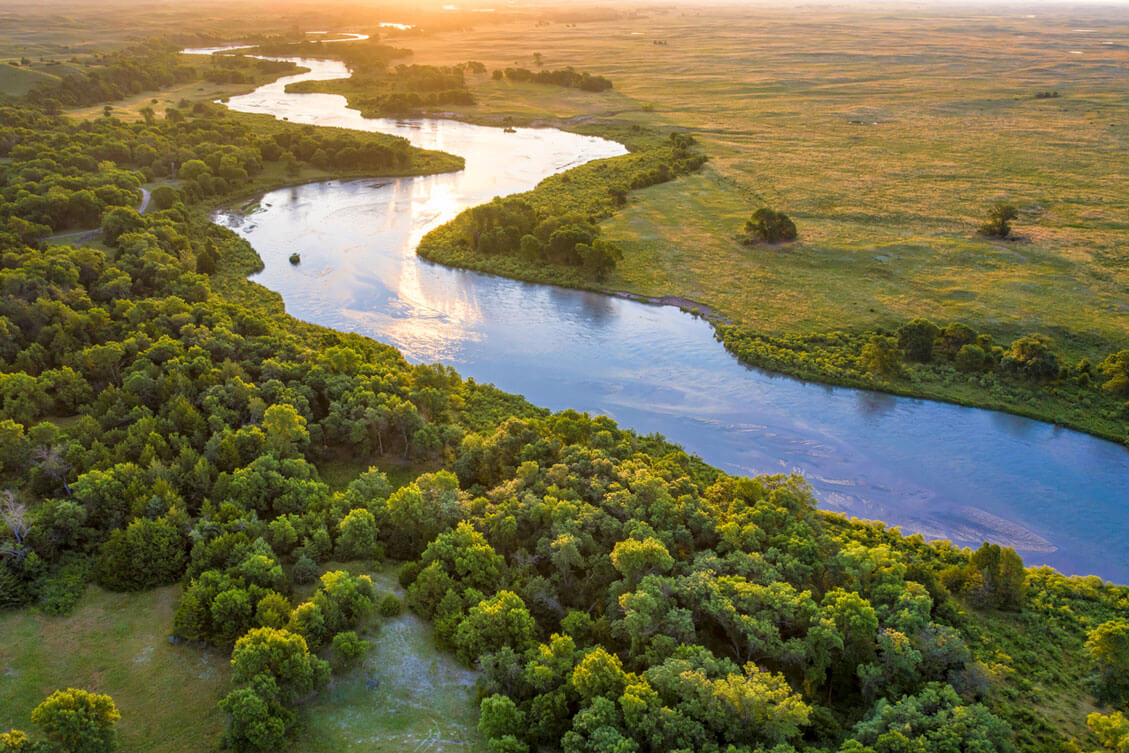1/1 Oops. Incorrect.
0%
0pts Earned
0/1correct
20/20
The $20 Australian banknote is nicknamed after what animal?
Australia is known for its extremely colorful banknotes. The country’s $10 bill is called a “blue swimmer,” named after a crab. The bright red $20 bill is nicknamed the “lobster,” whereas the $50 note is called the “pineapple” for its bright yellow color. While you could just refer to these bills by their monetary values, that wouldn’t be very Australian.
Source: Macquarie DictionaryBear
19%
Tiger
16%
Falcon
22%
Lobster
43%
19/20
What is the common response after chanting, “Aussie, Aussie, Aussie”?
The call and response chant “Aussie, Aussie, Aussie. Oi, oi, oi!” is an Australian take on a similar British chant utilizing the word “Oggy” instead of “Aussie.” The chant originated at English sporting events and is now commonly heard at sporting events Down Under — the chants of “oi, oi, oi!” echo throughout arenas filled with passionate fans.
Source: Aussie Slang DictionaryBoo, boo, boo
2%
Oi, oi, oi
73%
Yes, yes, yes
8%
Bing, bang, boom
17%
18/20
“Dog’s breakfast” is a synonymous term with what adjective?
“Dog’s breakfast” describes a chaotic situation or smattering of objects compiled in haste, as it refers to the messy act of a dog eating food. While lexicographers have traced the phrase’s origin to Glasgow, Scotland, others note that the phrase is equally popular in Australia where it’s now used to convey any feeling of mess and turmoil.
Source: The New York TimesSmelly
30%
Hairy
6%
Wet
8%
Messy
56%
17/20
A “thunderbox” is another way to refer to what appliance?
The “thunderbox” isn’t just your normal toilet. Back before modern plumbing was widespread, Australians relied on wooden and sometimes portable toilets known as “thunderboxes.” The name originated in England but achieved widespread popularity in Australia where they replaced chamber pots inside homes. There were even people employed by towns to travel from property to property emptying people’s thunderboxes.
Source: Upside-Down.comDishwasher
36%
Shower
9%
Toilet
54%
Bathtub
2%
16/20
"Fair dinkum" closely translates to what English word?
The term "fair dinkum" was originally used to refer to an honest day's work, and it appeared in printed documents across Australia and the U.K. throughout the 19th century. It's now more often used to convey that something is true or genuine. "Fair dinkum" can also be asked in the form of a question concerning the validity of something.
Source: The Phrase FinderOutlandish
17%
Genuine
66%
Slanderous
4%
Tear-jerking
13%
15/20
What item of clothing is known as a “budgie smuggler”?
“Budgie smugglers” refer to tight-fitting men’s swim trunks, akin to a Speedo in American culture. On their own, budgies are small Australian parrots, and the term “budgie smuggler” is meant to be a play on that. The noun “budgie smuggler” first appeared in a 1998 Australian television series called “The Games.”
Source: Word HistoriesHat
12%
Boot
6%
Jacket
20%
Swimsuit
63%
14/20
What do Australians want to know by asking “what’s the John Dory?”
A John Dory is a native fish found in Sydney Harbour that is a popular delicacy amongst Australians. The name also happens to rhyme with the word “story.” That’s why when somebody asks you, “what’s the John Dory?” they’re curious to know what the latest gossip is. However, it’s also possible they’re ordering fish if you find yourself in a seafood restaurant.
Source: CNNGossip
73%
Time
13%
Price
10%
Date
3%
13/20
The term “pashing” describes what act?
“Pashing” is an Australian term that essentially describes the act of passionately kissing. Be warned: If you participate in “pashing” too much then you can acquire “pash rash,” which is a phrase referring to the red marks around one’s lips from kissing too much. The term is also popular in nearby New Zealand.
Source: The Culture TripHugging
15%
Yelling
6%
Dancing
14%
Kissing
65%
12/20
A gas station is often referred to by what term?
"Servo" is short for service station, as many gas stations in Australia offer other goods and services in addition to gasoline. For instance, you can pick up an "esky," which is essentially a portable insulated cooler. Also of note: Australians don't call it gas; they actually call it petrol.
Source: Culture TripServo
56%
Guzzer
38%
Carbo
4%
Wheeler
2%
11/20
If you tell someone to “do the Harry,” what are you asking them to do?
In 1967, Australian Prime Minister Harold Holt tragically disappeared while swimming and was presumed dead. In the decades since, “doing the Harry” has turned into a more lighthearted phrase — used to convey any form of leaving. Whether you want someone to escape, get lost, or outright leave, asking them to “do the Harry” is a popular phrase used Down Under.
Source: Australian National UniversityCome over
10%
Speak up
14%
Get lost
55%
Clean up
21%
10/20
What does the term “hard yakka” refer to?
The word “yakka” comes from the word “yaga” in Yagara, an Australian Aboriginal language. The term is used by modern-day Australians to describe hard work, but it can alternatively be used in the phrase “all yak and no yakka” to describe someone who is all talk but no walk.
Source: Macquarie DictionaryHard work
44%
Hard shell
5%
Hard liquor
44%
Hard hat
7%
9/20
What two-letter word do Australians use to say thanks?
A simple "ta" is often used to convey thanks in Australia, though there are additional ways to express gratitude depending on how thankful you are. "Thanks heaps" is a common expression used when you're extremely grateful for something, whereas "cheers" is a popular term used to convey your thanks while at the same time saying goodbye.
Source: MondlyYo
16%
Ku
15%
Ta
64%
Ip
5%
8/20
What term is used to describe the Australian woodlands?
Not to be confused with "the Outback" — a similar term describing the dry, arid portions of central Australia — "the bush" is a colloquialism used to refer to the backwoods portions of Australia. While the bush has no exact definition, it's a common descriptor of any area where residents can camp or hike that's also lush with vegetation and wildlife.
Source: Future LearnThe end
1%
The dirts
3%
The wilds
10%
The bush
86%
7/20
In Australian cuisine, what is a “sanger”?
In the 1940s, the word “sango” first appeared in the collective Australian lexicon to describe sandwiches. However, “sanger” began to grow in popularity in the following two decades and eventually replaced “sango.” Whereas Americans have a variety of words to describe different sandwich shapes, Australians use “sanger” more generally to describe sandwiches of all shapes, sizes, and fillings.
Source: Australian National UniversityChicken
3%
Sandwich
86%
Cake
2%
Salad
9%
6/20
Steve Irwin commonly used what exclamation of surprise?
Used to convey amazement or surprise, "crikey!" is a term often associated with the crocodile hunter himself, Steve Irwin. The association between Irwin and "crikey" was so strong that scientists at the Queensland Museum bestowed the name "Crikey steveirwini" upon a species of tree snail in Irwin's honor. Khaki in color, the snail drew comparisons to Irwin's legendary khaki outfit.
Source: ABC News AustraliaGolly
7%
By gum
5%
Doggone
4%
Crikey
85%
5/20
"Arvo" describes what time of day?
"Arvo" is one of many words in the Australian slang lexicon that adds an "-o" to an already abbreviated word (another example includes "bizzo" for business). "Arvo" is commonly used in the phrase "this arvo," which means "this afternoon," and that saying can be shortened even further to just "sarvo." The first recorded use of "arvo" was in the 1920s.
Source: Australian National UniversityMorning
20%
Afternoon
49%
Twilight
29%
Nighttime
3%
4/20
In Australia, it's common to put shrimp on the what?
The phrase "shrimp on the barbie" refers to cooking shrimp on the barbecue, and originated during a 1984 Australian tourism campaign featuring actor Paul Hogan. The commercial was first screened during an NFL game in the U.S., and was successful in increasing tourism to Australia. However, true Australians will tell you they actually use the word "prawns" when talking about shrimp.
Source: Culture TripBarbie
89%
Cuey
2%
Grillo
6%
Beebee
3%
3/20
What is a "billabong"?
"Billabong" comes from the word "bilabang" from the Wiradjuri language of the Aboriginal Wiradhuric tribe, who live in New South Wales. Though the actual translation of "billabong" means "watercourse that only runs after rain," Australians commonly use the term to describe any large body of water.
Source: Kakadu National Park ToursArid desert
10%
Snowy mountain top
5%
Body of water
71%
Sandy beach
15%
2/20
In Australia, men are called "blokes" and women are called what?
Australians often refer to males as "blokes" and females as "sheilas." The slang word "sheila" first appeared in 1832, though at that time it was spelled "shelah." The term was initially used to refer exclusively to women of Irish origin, but beginning in the late 19th century it became a general term for all women in Australia.
Source: Australian National UniversityLorettas
6%
Sheilas
86%
Elenas
3%
Coras
6%
1/20
What do Australians call McDonald's?
The fast-food giant is known as Macca's in the land Down Under. Not only is the name different, but some menu items are specific to Australia. At Macca's, you can find vegemite as a condiment, buy yourself a Cadbury Creme Egg McFlurry, or indulge in the Big Brekkie Burger, which features egg and hash browns atop a beef patty.
Source: InsiderDonnie's
41%
Muckey's
37%
Aldo's
2%
Macca's
21%
Play Quizzes By Category
Play A Trending Quiz
Trending, related and recent quizzes you may be interested in







